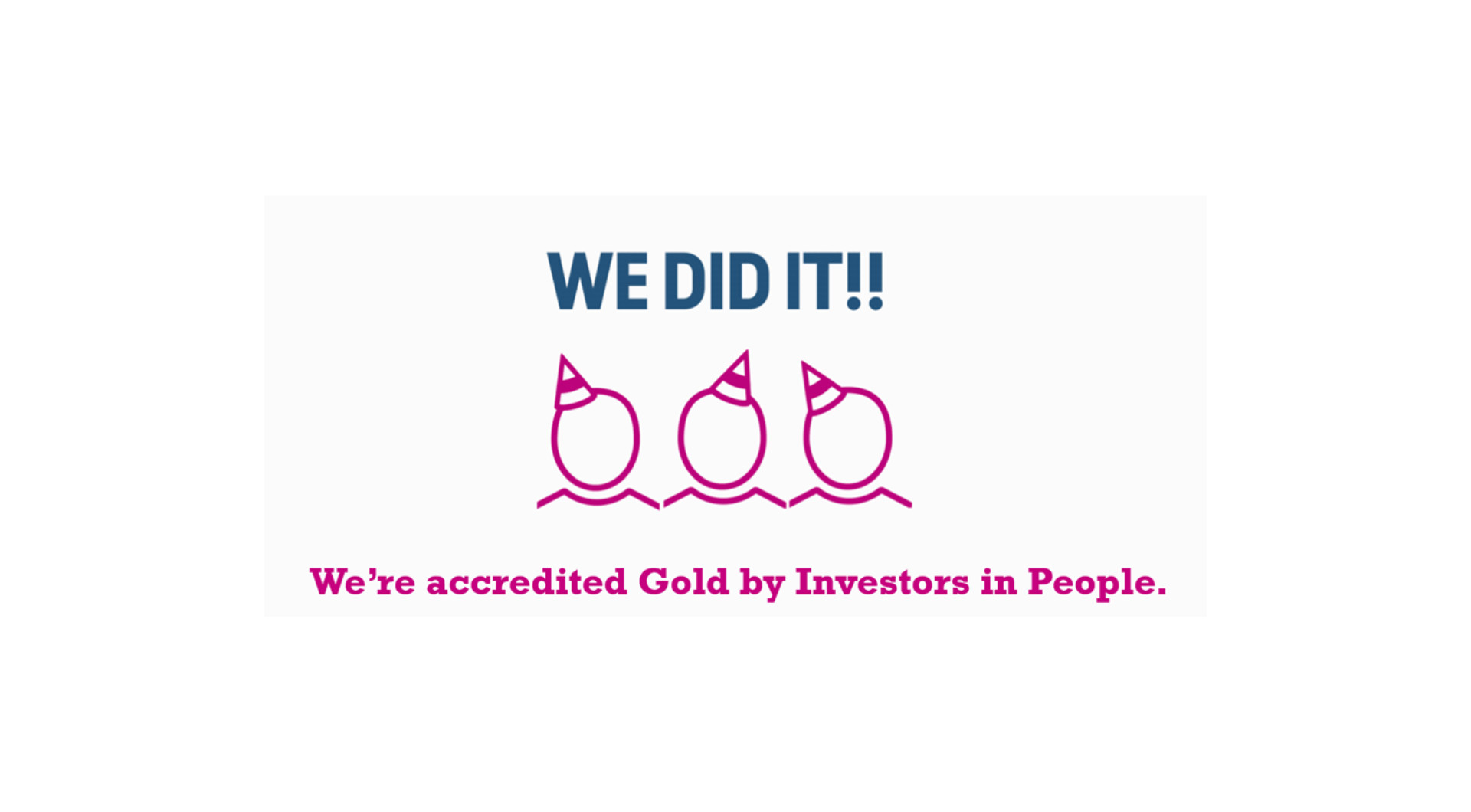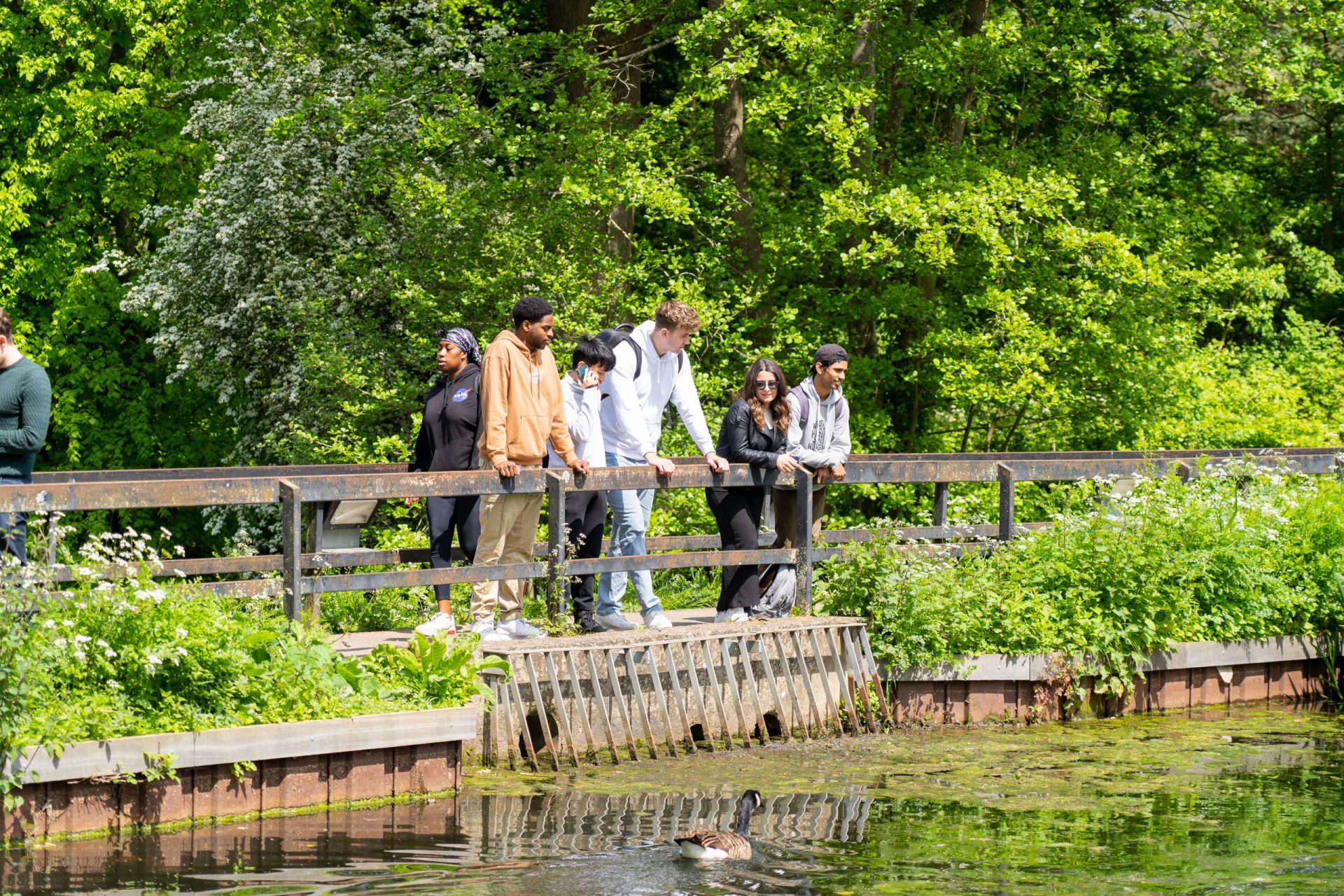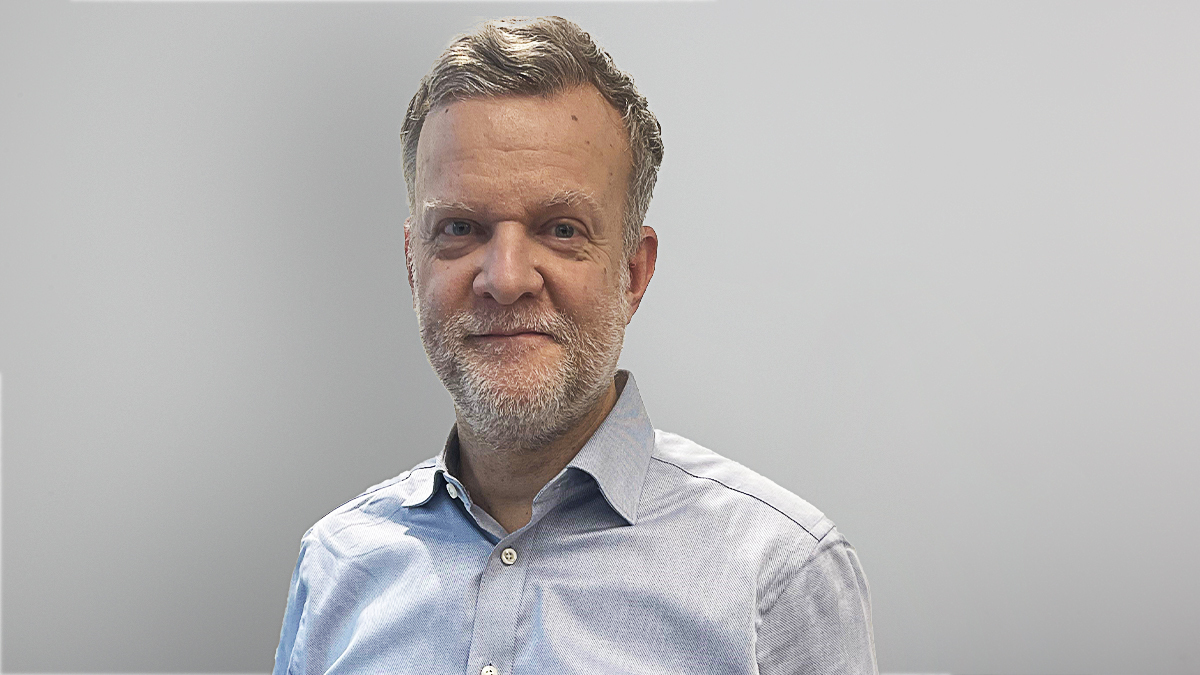Unlock, an independent charity for people with convictions, has launched a new pilot project, funded by a £20k grant from the UPP Foundation, the registered charity founded by University Partnerships Programme (UPP).
The project, Unlocking students with conviction, will see Unlock working with three UK universities – Cardiff University, Goldsmiths and the University of Southampton – supporting them to implement best practice procedures to prevent talented applicants being held back by their past and ensuring universities don’t miss out on untapped potential.
It will ensure that more people with convictions are able to access, and benefit from, university education – not just for themselves, but for their families, communities and for society at large.
Inception of the project comes following the decision by UCAS to remove the criminal conviction declaration box for applicants to the 2019 entry cycle, with universities looking at how to amend their admissions practices to reflect the change.
Over 11 million people in England and Wales have a criminal record and every year there are 1.2 million new convictions. The vast majority of convictions – more than 90% – do not involve a prison sentence. Unlock support thousands of people annually who face stigma, discrimination and ongoing disadvantages long after they have served their conviction. Many people choose not to apply for jobs, training or education if they know they will be asked about their criminal record.
The growth of partnerships between prisons and the university sector has renewed the belief that higher education is inclusive and can transform lives – raising the educational aspirations of people with criminal records. Evidence shows that education at every level has a huge impact on reducing reoffending, keeping us all safe.
Alongside working with the three institutions, Unlock will also be working with UCAS to disseminate good practice resources developed for institutions, as well as encouraging other universities to review and improve their policies and procedures.
Commenting on the project launch, Christopher Stacey, co-director of Unlock, said:
“We’re pleased to have the support of the UPP Foundation in launching this pilot project. Unlock has seen first-hand how people with convictions have been put off from applying to university. If universities are committed to widening participation, they should be considering the qualified applicants from all backgrounds. The decision by UCAS to remove the main criminal conviction box from the UCAS form for those applying to start university in 2019 signals to universities that criminal records shouldn’t feature in their assessment of academic potential.
“At a time when institutions are rightly looking to amend their policies and procedures, we look forward to working with these universities to support them in implementing best practice procedures, as well as encouraging other universities to do the same.”
Richard Brabner, Director of the UPP Foundation, said:
“We believe that everyone with the potential and ambition to go to and succeed at university should have the ability to do so. The UPP Foundation is delighted to be working with Unlock to ensure more students with criminal convictions can access higher education, transforming their lives and supporting their transition back into society.”




























